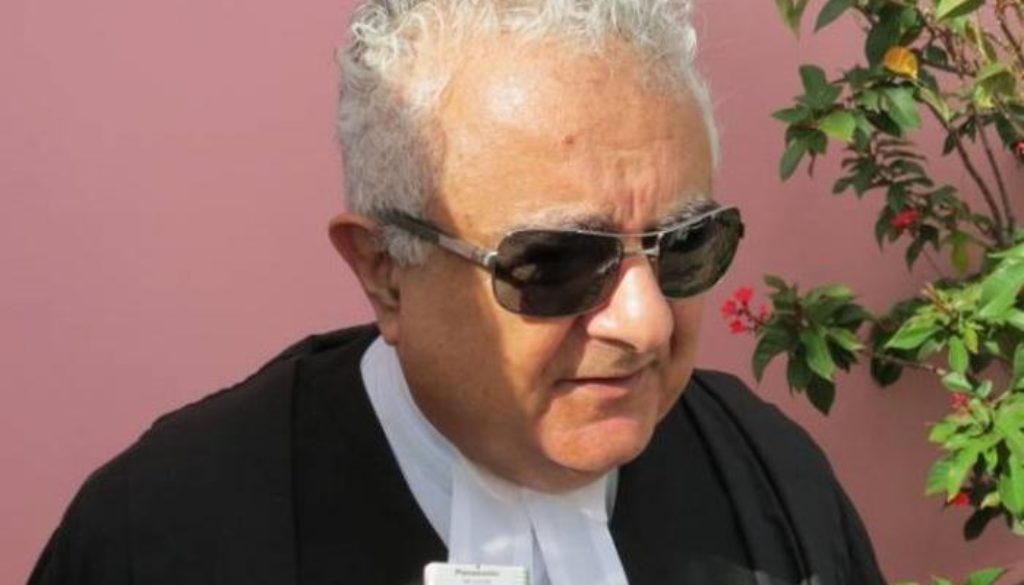By Shermain Bique-Charles
Senior Counsel Anthony Astaphan has advised Prime Minister Gaston Browne that a recent Caribbean Court of Justice (CCJ) decision handed down in Dominica could have serious implications for future elections in the Antigua and Barbuda.
On Tuesday, the CCJ dismissed the Dominica Labour Party’s (DLP) appeal in a treating case filed by three United Workers Party (UWP) members, who cited that two free concerts put on by the DLP in 2014, featuring international acts, Donnie McClurkin and Morgan Heritage were meant to corruptly influence the outcome of the election.
The UWP members claimed that the aim of the DLP members was to corruptly influence the public to vote for the DLP. The law in Dominica is that a person convicted of treating is disqualified from sitting in the House of Assembly and cannot run for elections for seven years.
Astaphan said the consequences of that decision will be significant throughout the Caribbean.
“I told Gaston Browne and Roosevelt Skerrit that any political party who loses an election can file three, four, five criminal complains against the successful members of parliament and drag this thing on for years in the magistrate court, the court of appeal and the Privy Council,” he said.
“It means that political parties who lose, even those who win, and may want to target some members of the opposition, are now at liberty to wait a few weeks, a few months to file criminal complaints and have a court which is not a court of record…to make a determination of guilt, the consequence of which is disqualification,” he explained.
He said the decision could open up doors for the abuse of the legal system.
“Every leader and prime minister in the Caribbean need to be alive and aware of the risk and prospect of that happening to them come the next general elections,” Astaphan cautioned.
Astaphan, one of the main legal advisors for the Gaston Browne administration said while he respects the latest decision, it will cause instability in moving forward following an election.
Treating refers to directly or indirectly providing food, drink or entertainment to a person, during or after an election with the aim of corruptly influencing that person’s vote.
The CCJ heard the appeal on December 10th, 2020.

